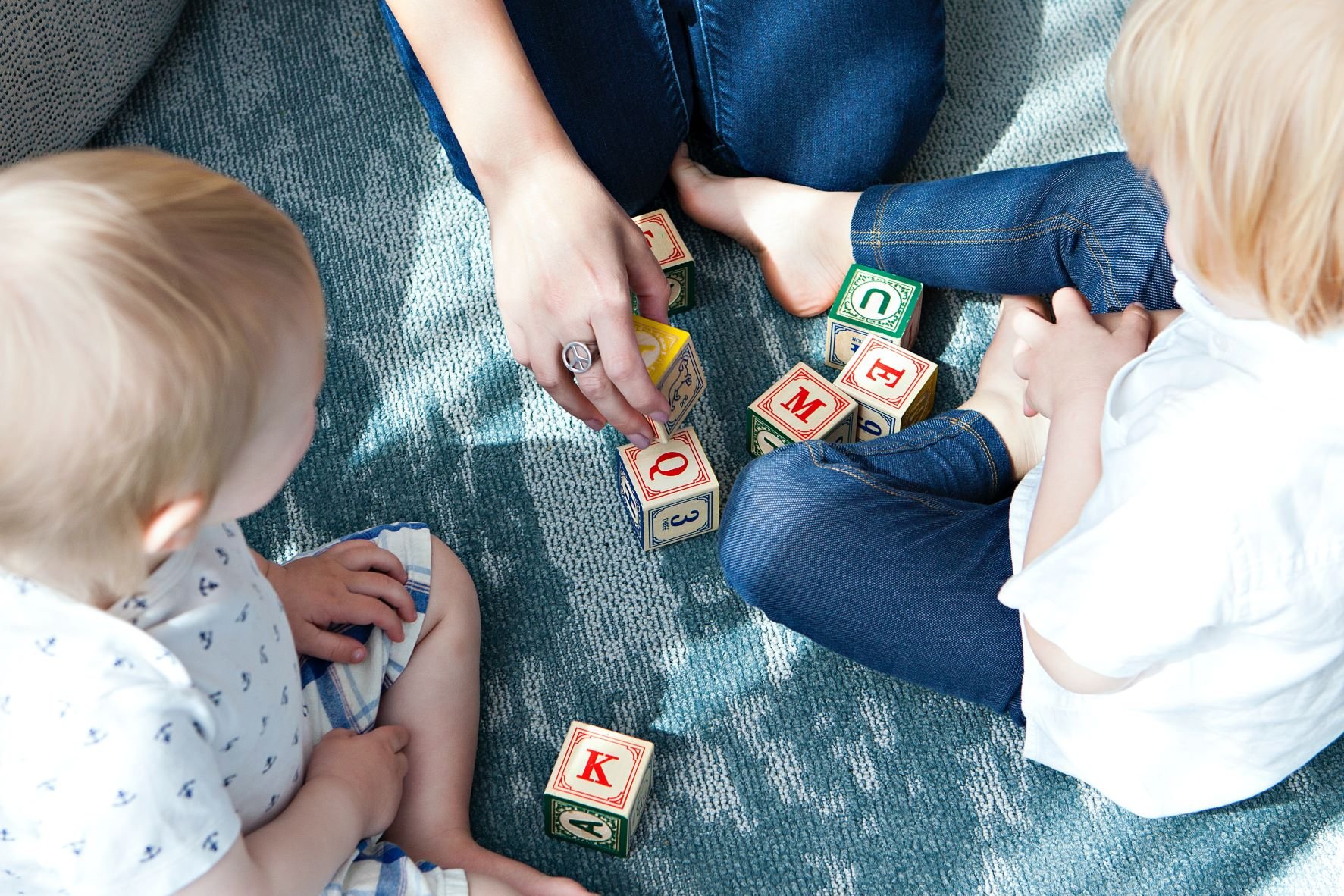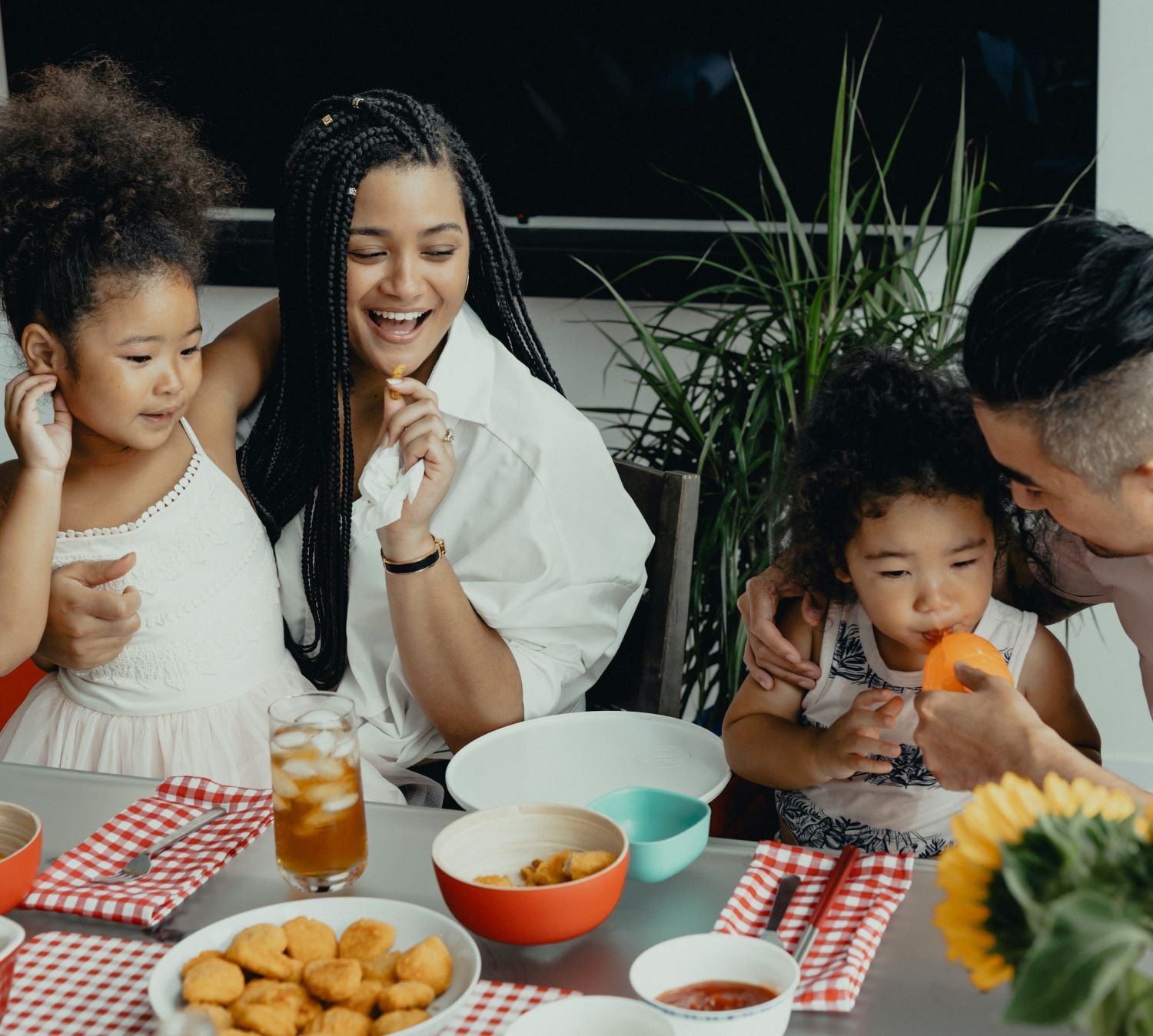One Thing Not to Say to Foster Parents
Summer days are made for lazy mornings, time at the pool, ice cream cones, and…arguing with your siblings. Our family is no exception. I walked in on an argument this week between two of my sons. Here’s a brief recap:
Son 1: Can you fix my Nintendo Switch?
Son 2: (not looking up from his book) Yes.
Son 1: I said CAN YOU FIX MY SWITCH?
Son 2: Yes.
Repeat this exchange 12 times, growing louder with every word, and you’ll have a solid understanding of how it all went down. By the time I intervened, tensions were high, and Son 2 smugly reported that “he asked if I could fix his switch, not if I would….”
Ah, a technicality. Son 2 was answering the question as it was asked, not with its intended meaning.
Son 1 was asking the wrong question for the outcome he desired.
“How do you say goodbye? I’d get too attached.”
That's the wrong question.
As a foster mom, answering a plethora of questions is just part of the job. Caseworkers, judges, biological families, CASA volunteers, lawyers—everyone needs answers. And then the community around you asks questions seeking to make sense of your frequently-changing family and kids that don’t always “match.”
But when others learn that I am a foster parent, the question I am asked most often is this: “How do you say goodbye? I’d get too attached.”
Dear reader, what I need you to hear, even if it’s hard, is that this is the wrong question.
What to ask instead
The ugly truth is there are kids in our cities who are experiencing the worst thing a child could go through. Children in our radius are living a nightmare. There are an unthinkable number of kids around us whose basic needs are not met, who are not safe, and who have never felt secure attachment.
So what is a better question? As Christians rooted in perfect love, the question we must ask instead is, “How can I help kids in hard places feel loved?” When asking this question, we can trust the Holy Spirit to guide us to the outcome we desire: vulnerable little hearts finally receive the love and protection they need while our own hearts turn toward true faithfulness.
“ As Christians rooted in perfect love, the question we must ask instead is, “How can I help kids in hard places feel loved?” ”
We read in scripture that God is close to the brokenhearted. We cling to promises that God is near and will meet our every need. We believe God’s perfect love will drive out fear. With these promises etched on our hearts, we can do hard, even painful things and call ourselves blessed by the experience.
So yes, I get attached. But God's perfect love makes me brave—brave enough to love without holding back out of fear. Brave enough to show up when it’s messy and hard. It has been my honor to put someone else's pain on my own shoulders and carry it, allowing them to rest.
“So yes, I get attached. But God’s perfect love makes me brave—brave enough to love without holding back out of fear. ”
This, dear Brothers and Sisters, is why I believe Paul calls orphan care “pure religion.” To suffer with broken families and watch as Love Himself heals. It is remarkably holy work.
So let’s ask ourselves how we can show up for hurting kids. I’m not saying we will all be led to become foster parents, but I hope we will all find our place in God’s holy work of caring for children who need someone.
Karis McQuinn has spent more than 12 years in professional children’s ministry, and her greatest joy is watching her children grow into who God has created them to be—in everyday moments. She is married to a dreamy engineer and is raising 4 gentlemen to be world changers.
We’ll send one succinct weekly email
with the best news, events, and info
for churches in the Houston area.
Photo by Marisa Howenstine on Unsplash






Two things can be true at once: your heart is called to help and also you feel overwhelmed.
Just don’t let your “but” get in the way.